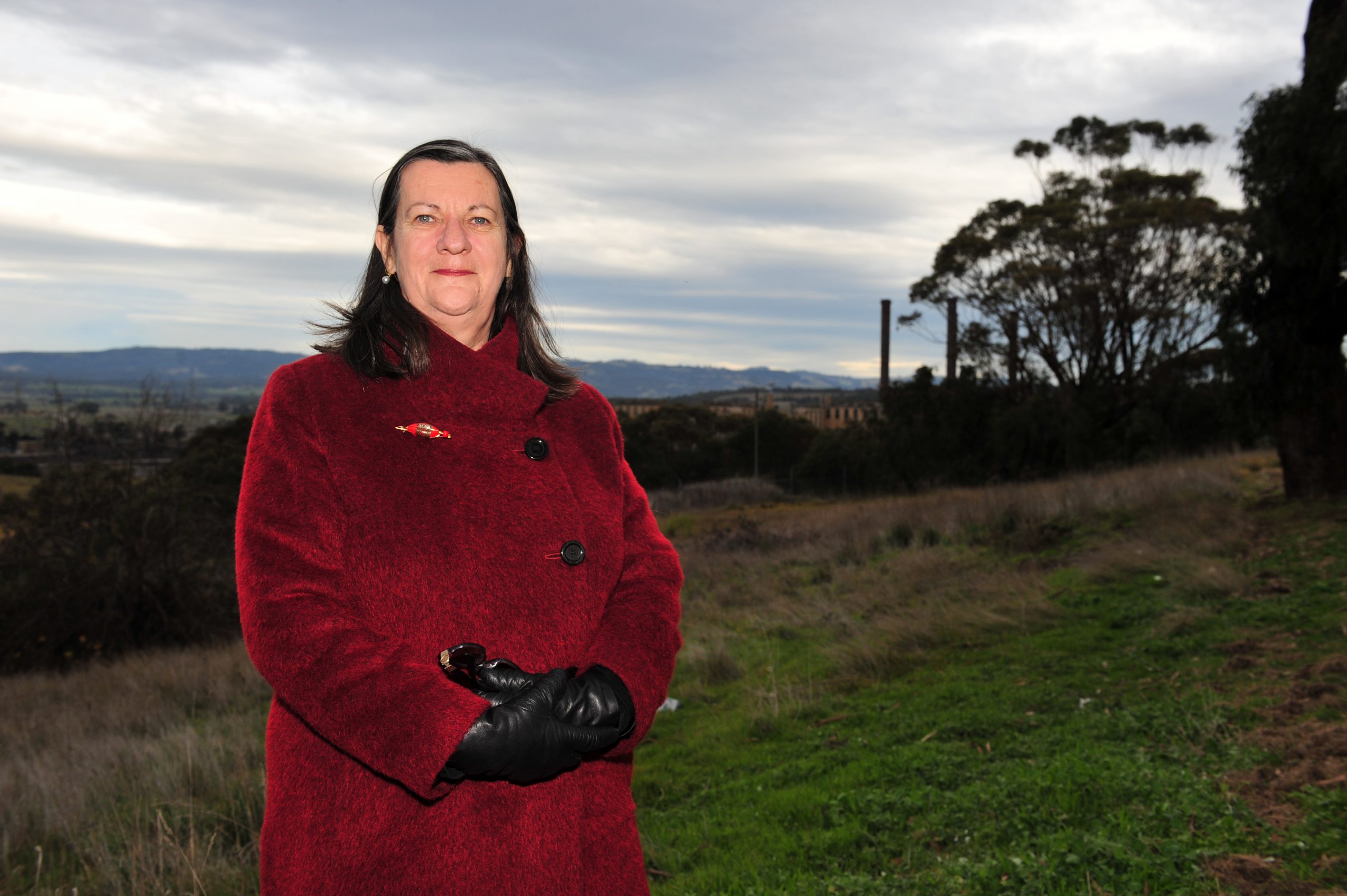Heritage proponent Cheryl Wragg said she will seek legal advice following Heritage Victoria’s decision to approve the demolition of the old Morwell Power Station.
It comes after Ms Wragg applied to have the site’s heritage value investigated last year, which was followed by the heritage listing of the site in February this year.
Heritage Victoria said demolition approval was granted with conditions and site liquidator Energy Brix Australia Corporation would be required to develop a conservation management plan.
If the power station is demolished, Gippsland Infrastructure will reinstate the briquette factory facilities to utilise brown coal to create new products.
Ms Wragg said the Morwell Power Station demolition decision had to be taken “in the context of other decisions underway” including the “total destruction” of Hazelwood Power Station.
“We will take legal advice but there is something else local residents can do,” she said.
“They need to get active and express their concern about the destruction of our region.
“They need to tell all of the election candidates to stop supporting [the] destruction of our region and to start supporting its conservation and repair for a viable future.”
Ms Wragg described EBAC’s offer to provide oral histories from former workers and a 3D recording and modelling of the entire site as a “sick joke”.
EBAC remediation project manager Barry Dungey and Gippsland Infrastructure directors Roland Davies and Craig Dixon welcomed the demolition anouncement.
“We have always been putting forward what we think is the overall best outcome for everybody,” Mr Davies said.
“We have a developer that wants to develop the land that brings with it investment and jobs.
“We have a health and safety risk that should be dealt with.
“The structures are not in a good condition and … there are large amounts of asbestos that need to be removed and eliminated.”
Mr Dungey said he was conscious of the heritage value of the site and was offering “world’s best practice as far as capturing heritage information without necessarily retaining buildings”.
“The cost of trying to maintain those buildings and turning it into a tourist site or anything like that makes absolutely no economic sense,” Mr Dungey said.
“Hopefully now we have the best of everything … some areas will be looked after and kept in good order. We’ll remove the safety risk and the site can be developed and used for other uses.”
Mr Davies described the demolition decision as a “win for common sense”.
“The decision provides us with the planning certainty to move forwards and we now have to work through the specific requirements with Heritage Victoria,” he said.











